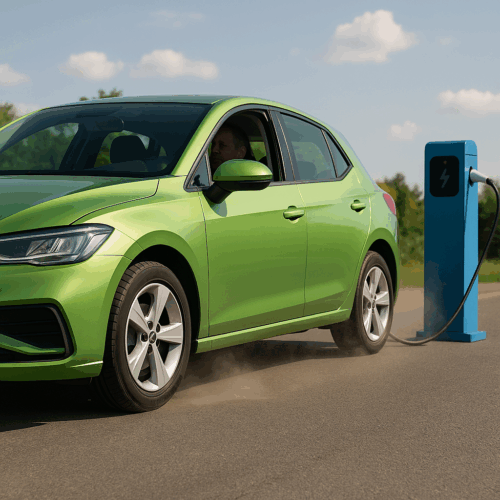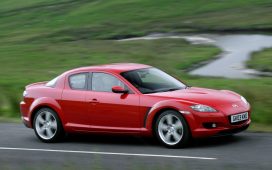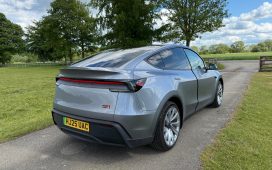
Electric vehicles (EVs) are not just reducing tailpipe emissions — they’re also helping clean up the air by cutting brake dust pollution, according to a new study.
Research published by EIT Urban Mobility, in partnership with Transport for London, shows that battery electric vehicles (BEVs) produce 83% less brake dust than their petrol or diesel counterparts. The findings are being welcomed as further proof of the broader environmental benefits of electrified transport.
Brake dust: the invisible urban pollutant
Brake dust, generated when brake pads wear down, is a major contributor to urban air pollution. These tiny metal-rich particles are harmful to human health, particularly affecting the lungs and cardiovascular system.
EVs help reduce this form of pollution thanks to regenerative braking, a system that slows the vehicle by converting motion into electricity. This process significantly reduces reliance on friction brakes, which are the primary source of brake dust in traditional vehicles.
Hybrids see some gains — but BEVs lead
While battery EVs showed the strongest results, the study also measured 10% to 66% reductions in brake emissions from hybrid and plug-in hybrid vehicles, depending on their drivetrain design and regenerative braking setup.
Overall particulate emissions still lower with EVs
Although EVs are typically heavier than internal combustion engine (ICE) vehicles — which can lead to increased tyre wear — the study found that BEVs still produce 38% less total non-exhaust particulate pollution when brake, tyre, and road wear are all factored in.
The researchers noted that brake dust is more easily airborne and inhaled than tyre wear particles, meaning the reductions delivered by EVs have a significant impact on air quality, particularly in cities.
A cleaner way forward
Beyond individual vehicle emissions, the report emphasised that wider electrification of public transport and a shift towards active and shared mobility (such as walking, cycling, and transit) will further improve air quality.
In particular, the study found that electric buses drastically outperform diesel models in terms of overall emissions per passenger kilometre.
As urban areas across New Zealand and around the world continue to tackle pollution and climate challenges, this new data reinforces that EVs are helping clean the air in more ways than one.
📄 Access the Full Report
For an in-depth analysis, you can access the complete study here:
👉 Non-Exhaust Emissions in Road Transport – Full Report (PDF)









